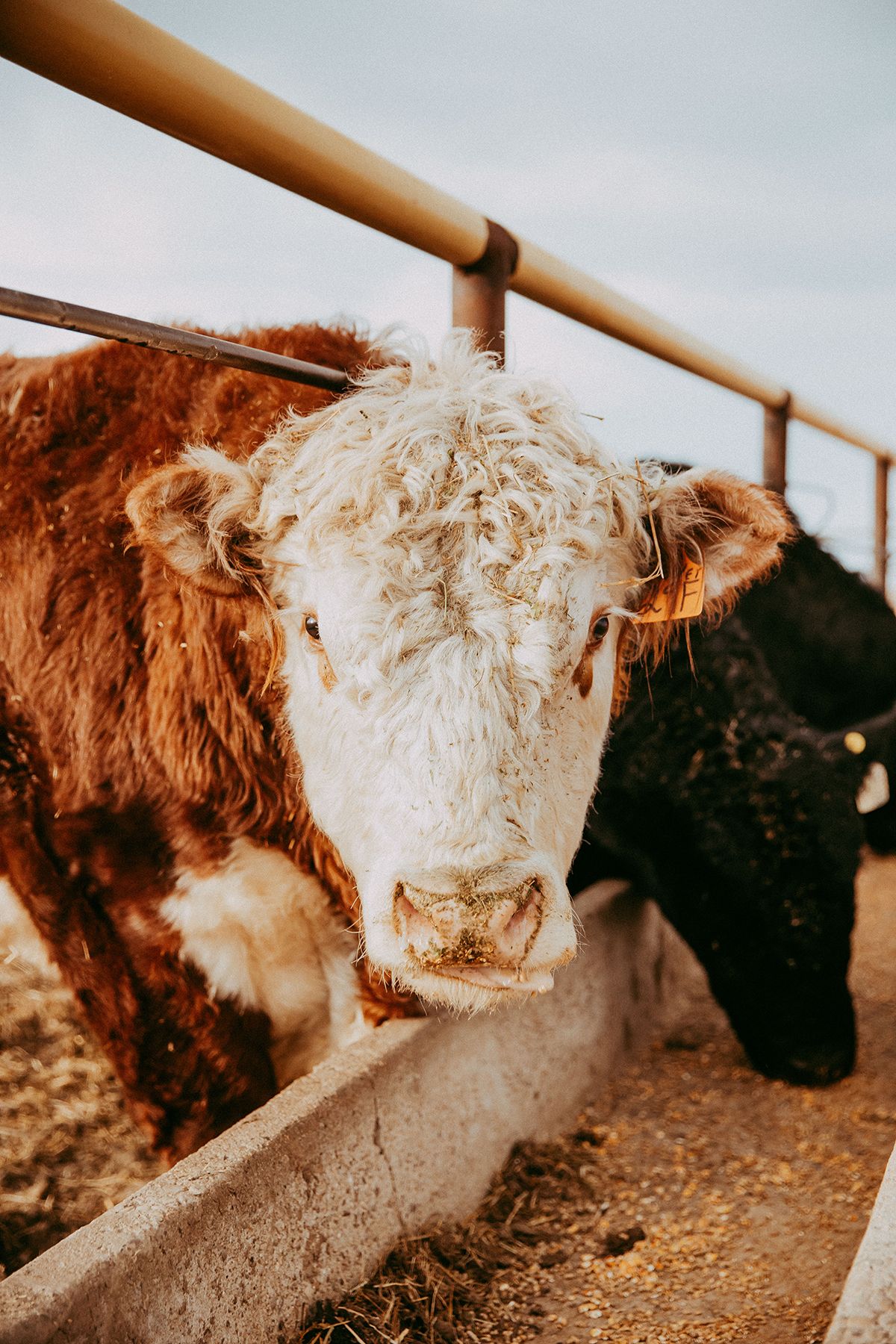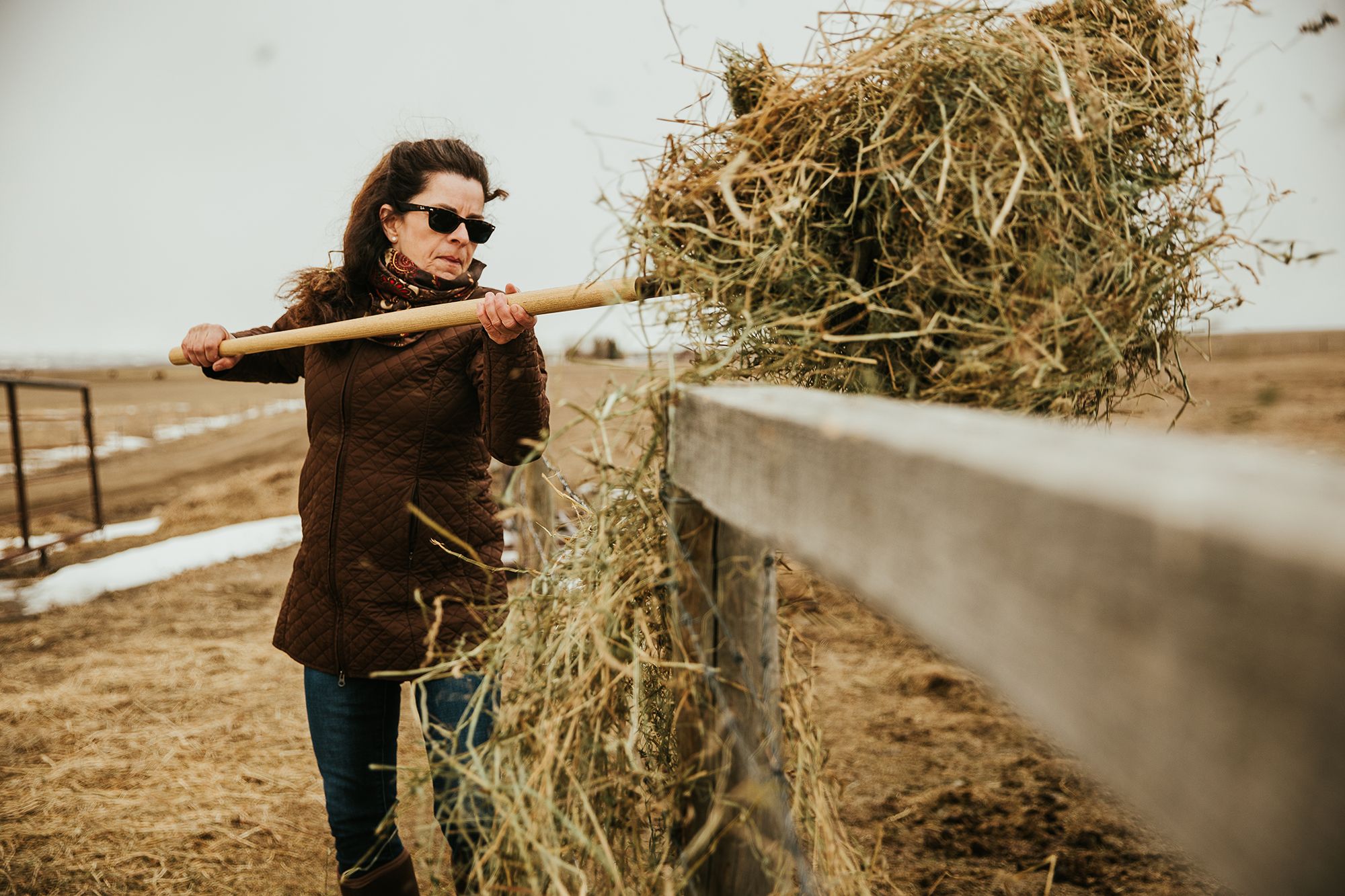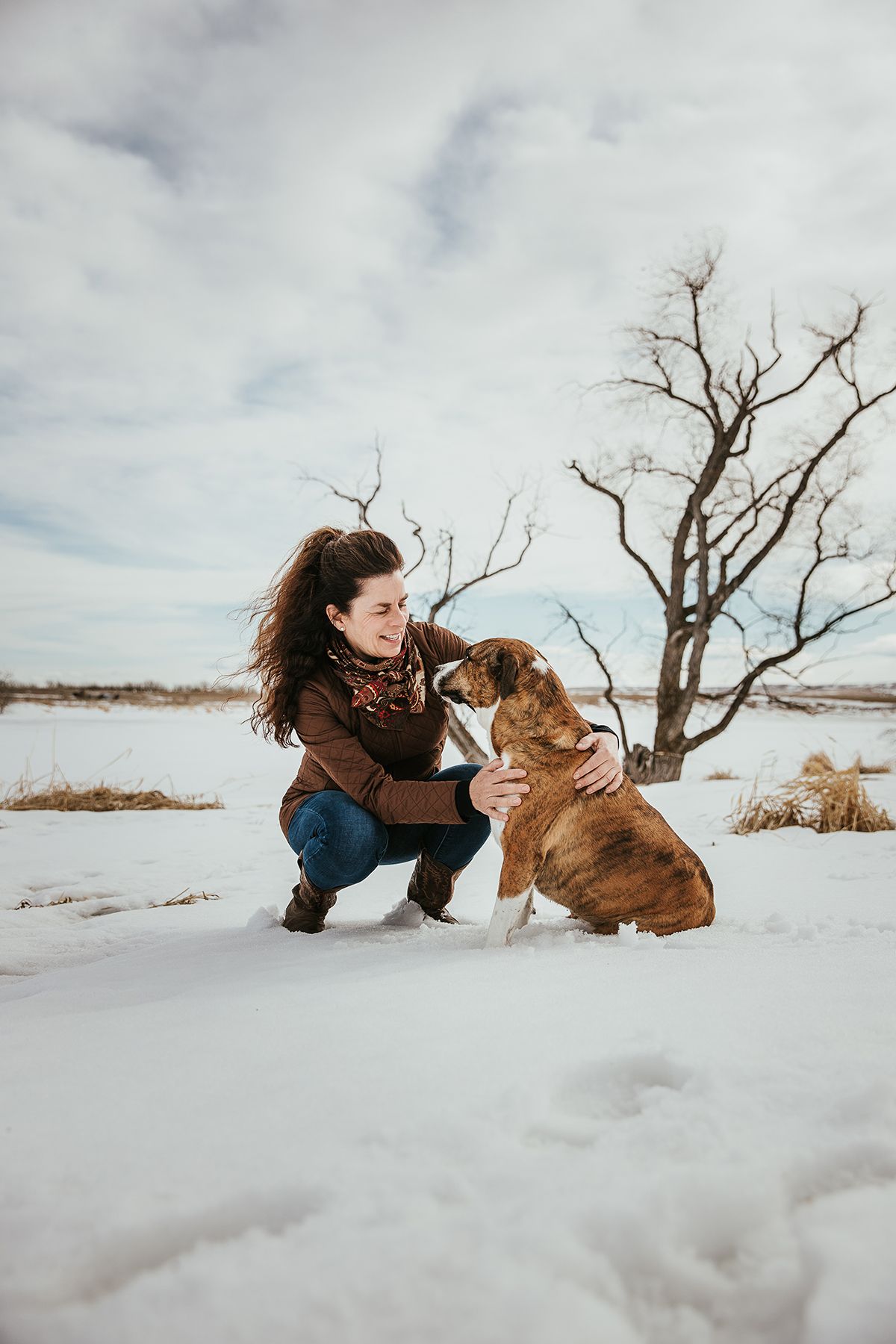Graduate student Diane McKenzie (BA ’16) is combining her rural roots and her research interests with the intention to make an important contribution to the future of agriculture.
A farmer from Warner, Alta., McKenzie is a student in the cultural, social and political thought (CSPT) program at the University of Lethbridge. She is investigating the intergenerational transfer of the family farm from rural women's perspective.
“I was inspired by a friend who works as a facilitator for farm families in transition,” says McKenzie. “He suggested I consider doing facilitation work after graduation. About the same time, through history courses, I became more cognizant of the neglected history of women and girls and recognized myself as a participant in a system that is disadvantageous for women and girls.”




Majoring in psychology and minoring in history, McKenzie’s goal in her master’s program is to open a well-informed conversation about gendered processes with agrarian women and men within their immediate communities to further support rural women’s participation and successful transfers of family business where all parties are satisfied with the outcomes.
“I went to women to hear boots-on-the-ground stories,” she says. “I wanted to hear their story, their perspective and how they participated in the intergenerational transfer of family farms.”
Striving to understand her own and other’s circumstance in the business and life of family farming, McKenzie is shining new light on an area that has not been widely studied.
“Dr. Carol Williams and Dr. Heidi MacDonald were key in my decision to pursue graduate studies at the University of Lethbridge. By offering me opportunities to be involved in exciting history and oral history projects during my undergrad studies and by demonstrating how my area of interest could be expanded on in a graduate program made the decision to pursue graduate studies much clearer and imaginable.”
Her work can apply to further learning and awareness, systemic change, the advancement of women and girls, and innovative practices for men and boys within the agriculture community and the business of agriculture. And it is an important step toward making positive change.
“It's difficult to change ourselves or change much of anything unless we're aware of the system we're working in,” Diane says. “If we're aware of how we participate contemporarily we can imagine a different way of participating in the future.”